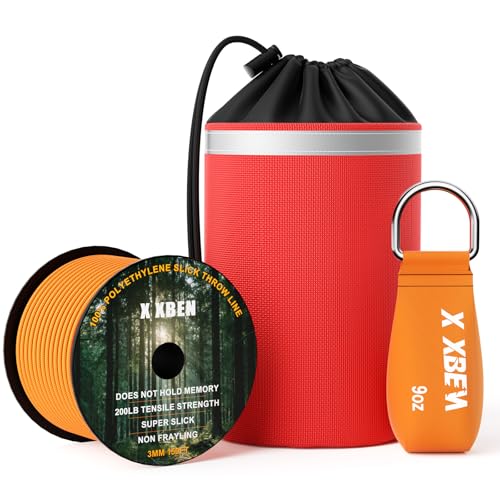Fishin' Rod
ArboristSite Lurker
Clearing Siberian Elms yesterday and was going through sharp chains like crazy. As the sun started going down, I did start noticing a few sparks while cutting. I examined the first tree to spark, no fencing or any sign of human intervention. I actually think I was hitting sand grains.
Background: I was cutting elms just above waist-height and then treating with Remedy/diesel while the sap is going down. This is by far the sandiest ground on our farm. It is between two branches of the creek, and any big flood deposits a fresh layer of sand.
Question 1: Is sand the likely culprit?
Some of the sand is very fine, and can certainly get air borne during a stiff wind. These are "piss" elms and weep from every broken branch, etc. Could wind-blown sand stick to the truck and eventually be incorporated inside the tree?
This area does flood. I was cutting above the high water mark from our big flood three years ago. However, I suspect over the past 50 years there may have been an even higher flood. Would sand on flotsam during a flood have a chance of being incorporated inside of a tree?
Questions 2: Any advice for making my chains last longer before they start making sawdust?
I used both a new chain and some old hand-sharpened chains. Oiler was working fine. However, the cut was "wet" since these elms start weeping massively even this late in the year. (Just running Oregon 91VXL chains - Low Profile – Semi Chisel.)
Thanks for any advice.
Background: I was cutting elms just above waist-height and then treating with Remedy/diesel while the sap is going down. This is by far the sandiest ground on our farm. It is between two branches of the creek, and any big flood deposits a fresh layer of sand.
Question 1: Is sand the likely culprit?
Some of the sand is very fine, and can certainly get air borne during a stiff wind. These are "piss" elms and weep from every broken branch, etc. Could wind-blown sand stick to the truck and eventually be incorporated inside the tree?
This area does flood. I was cutting above the high water mark from our big flood three years ago. However, I suspect over the past 50 years there may have been an even higher flood. Would sand on flotsam during a flood have a chance of being incorporated inside of a tree?
Questions 2: Any advice for making my chains last longer before they start making sawdust?
I used both a new chain and some old hand-sharpened chains. Oiler was working fine. However, the cut was "wet" since these elms start weeping massively even this late in the year. (Just running Oregon 91VXL chains - Low Profile – Semi Chisel.)
Thanks for any advice.























































